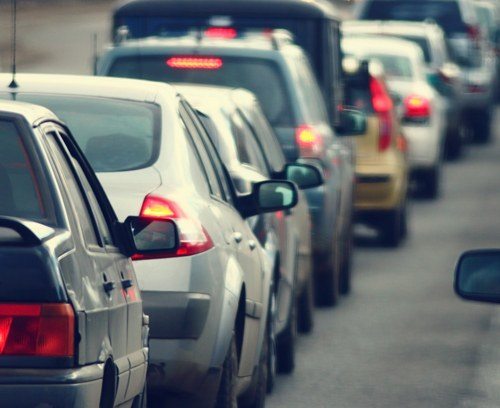
“The country needs to work harder to prevent transportation crashes” National Transportation Safety Board Chair Jennifer Homendy recently told a gathering of transportation leaders.
“We’re fighting for the 43,000 people who die on our roads annually…and the millions more who are injured — not just drivers, but all road users,” Homendy said. “No matter their race, ethnicity, ability, income, or where they live. No matter whether they’re walking, biking, rolling or driving. That is who the NTSB is fighting for; who we’re all fighting for.”
Addressing a recent annual meeting of the Transportation Research Board, Homendy focused on the growing safety problem posed by small to mid-size passenger cars sharing the road with ever larger and heavier vehicles like SUVs and electric vehicles, making transportation crashes more deadly.
Transportation Crashes involving New, Heavier Vehicles
“I want to take a second and mention that I’m concerned about the increased risk of severe injury and death for all road users from heavier curb weights and increasing size, power, and performance of vehicles on our roads, including electric vehicles,” Homendy said.
“A GMC Hummer EV weighs over 9,000 pounds, up from about 6,000 pounds. Its gross vehicle weight rating is a staggering 10,550 pounds. The battery pack alone weighs over 2,900 pounds — about the weight of a Honda Civic. The Ford F-150 Lightning is between 2,000 and 3,000 pounds heavier than the non-electric version. The Mustang Mach-E, Volvo XC40 EV, and RAV4 EV are all roughly 33% heavier. That has a significant impact on safety for all road users.”
The Insurance Institute for Highway Safety (IIHS) says that “vehicle compatibility” on the roadways can be a safety problem. The IIHS notes that in a collision with a heavier vehicle, a lighter car will always be at a disadvantage in transportation crashes. SUVs and pickup trucks used to pose a big risk to drivers in smaller cars since their bumpers and other energy-absorbing elements were taller than those of smaller vehicles. This meant that in crashes, higher, larger vehicles would effectively climb up the hoods of little automobiles, increasing the risk of injury and death for the individuals within.
Although automakers have partially addressed the problem by engineering more impact-absorbing designs, “pickups are also less of a threat than they used to be, in 2013-16 they were still 2½ times as likely to kill the driver of a car they crashed into, compared with a car colliding with another car.”
And the bigger problem remains with heavier electric vehicles, mainly because the batteries weigh so much. In many electric vehicles, the battery alone can weigh thousands of pounds. In addition, electric vehicles can accelerate much more quickly.
Technology and engineering aside, most transportation crashes are the result of driver error. If you’ve been injured in a car crash, talk to an Orlando car accident attorney at the Martinez Manglardi personal injury law firm. Call 866-730-3508 for a free consultation. Convenient locations throughout Central Florida.





